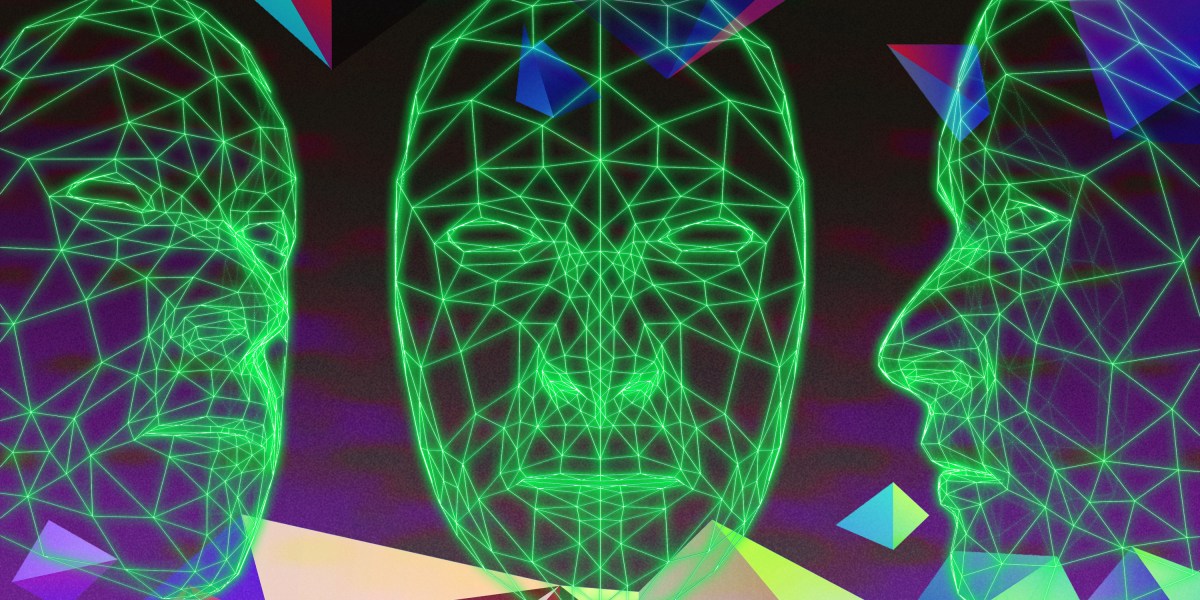
In fact, they found, firms that were granted a government contract for facial-recognition technologies produce about 49% more software products in the two years after gaining the contract than before. “We examine if this leads to greater innovation by facial-recognition AI firms, and indeed it does,” Beraja says.
Adding it all up, the case of China indicates how autocratic governments can potentially find their political power enhanced, rather than upended, when they harness technological advances—and even generate more economic growth than they would have otherwise.
The scholars are now studying the extent to which China is exporting facial-recognition tech around the world—highlighting a mechanism through which government repression could grow globally.
